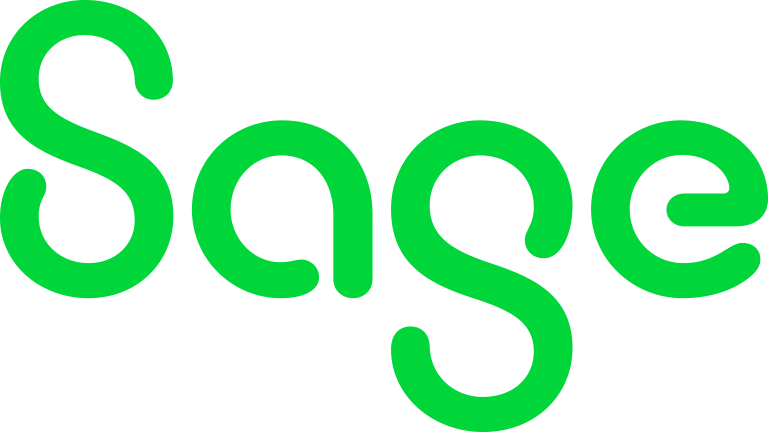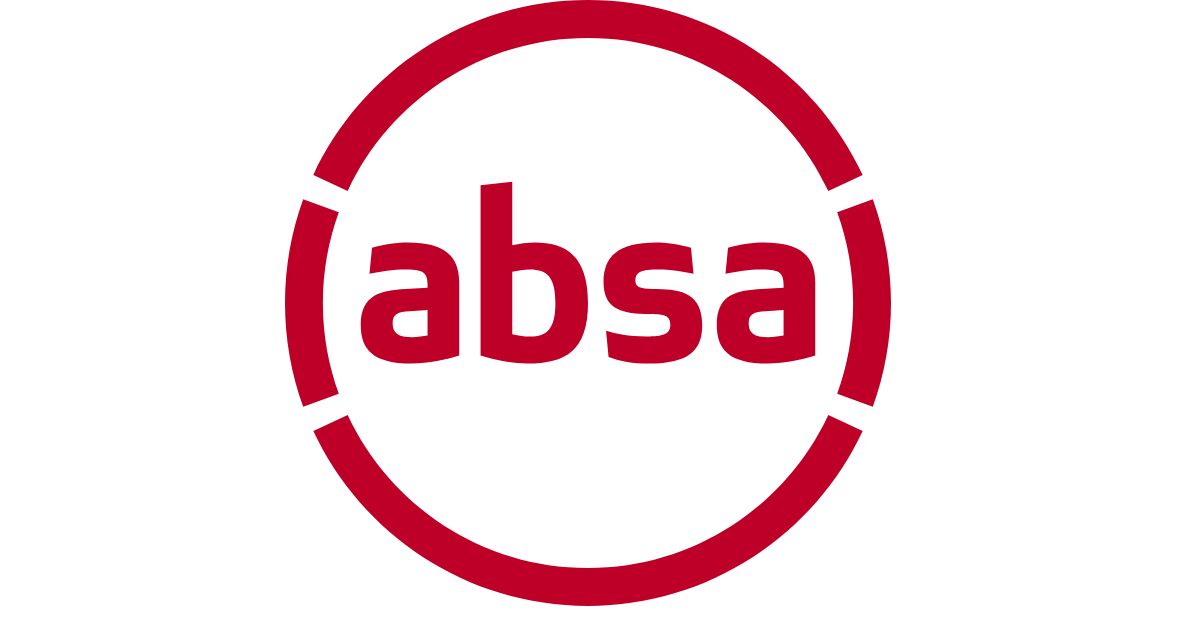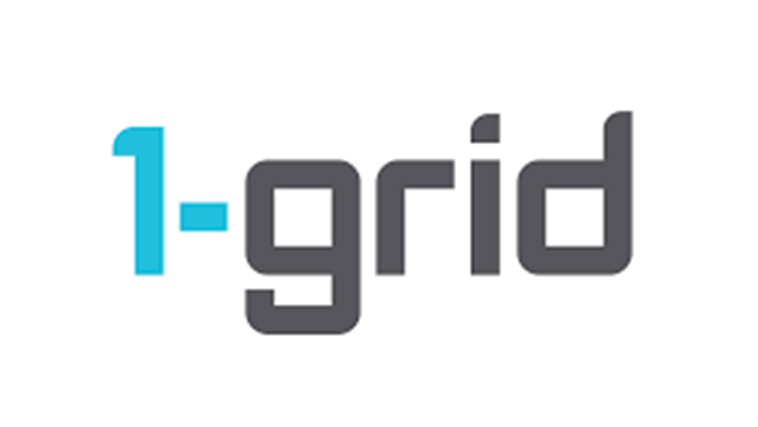Cloud accounting software in South Africa helps business owners keep a finger on the pulse of their finances.
There are standard tasks that all accounting software can help business owners with, including recording transactions, sending invoices, storing receipts, and tracking sales taxes, cash flow management, as well as a tax management feature that makes the filing of tax a tad easier.
Cloud accounting has major advantages such as increased convenience and productivity. Entrepreneurs are not only able to access their business’s finances at any time and place but can eliminate repetitive tasks like data entry and the calculating of tax, revenue and cash flow forecasts, among others.
Using cloud accounting software in South Africa can also help reduce your business’ monthly expenses by going paperless – you save costs on printing and paper.
Several major banks now offer cloud accounting software as an integrated service to their business clients, giving them the option to import and reconcile their bank account transactions and complete tasks such as invoicing clients.





